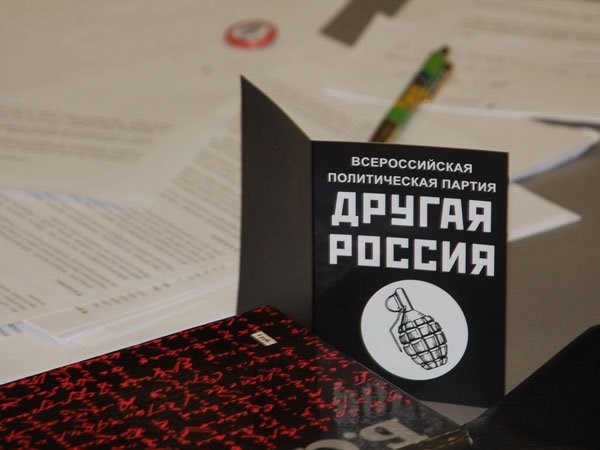Russian political party releases statement about missing activist after US strike in Syria
RBC news agency reports, citing the Other Russia Party spokesman Alexander Averin, that another activist from the unregistered Other Russia party has disappeared after a strike in Deir ez-Zor, Syria on February 7. The strike was conducted by the international coalition led by the United States.
"Yes, indeed, there is still one National Bolshevik who has not gotten in touch. He stopped contact after that very battle," Averin said. According to the spokesman, the missing activist was in the same unit as an activist from the National Bolshevik Party, Kiril Ananyev. The National Bolshevik Party is banned in Russia. "This person came to Syria a few months ago; before that, he was in the LPR (Luhansk People’s Republic)," he said.
Alexander Averin reported on Ananyev’s death on February 12. According to Averin, Ananyev died on February 7 in a battle in the Syrian village of Hisham, located on the bank of the Euphrates River.
On February 7, the international coalition led by the United States delivered a strike against Syrian President Bashar al-Assad’s supporters in which Russian citizens were killed as a result. Information on the number of dead and wounded varies. The New York Times newspaper reported the death of four Russians, whereas the Bloomberg news agency, citing two informed sources, reported on the deaths of more than 200 people, mostly Russians. The agency’s American military source said that 100 people were killed and 200-300 were injured as a result of the incident. He did not specify the number of Russians who died.
Lieutenant General Jeffrey Harrigan, Commander of the US Air Force Central Command, said on February 14 that the coalition was acting in self-defense. He said an "unprovoked attack" was conducted against the forces of the coalition using artillery and tank shells. “We immediately contacted the Russian officials on the deconfliction telephone line to alert them to the unprovoked attack on a known SDF (Syrian Democratic Forces, opposition to President Bashar al-Assad) and coalition position. After these calls, coalition officials approved strikes to destroy hostile forces." said Harrigan.
President Vladimir Putin’s spokesman, Dmitry Peskov, said during the afternoon of February 14 that the Kremlin does not have "specific detailed information that would allow for any conclusions."
